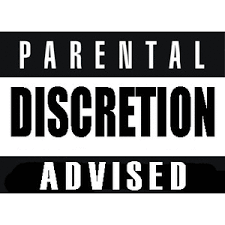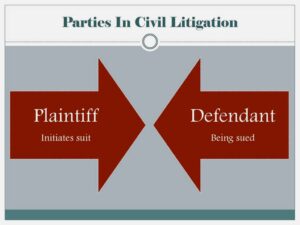
Any litigation lawyer will vouch for the fact that dealing with self- represented litigants can be extremely frustrating.
In fact dealing with self represented litigants can be so difficult that lawyers should inevitably seek a judge to case manage the process and make orders as required.
Sull v Pengelly 2019 BCSC 575 describes the obligations of self-represented litigants.
In Pintea v Johns 2017 SCC 23 the Supreme Court of Canada endorsed the statement of principles on self- represented litigants and accused persons that had been established by the Canadian judicial Council in 2006.
That statement recognize that self represented litigants are often at a disadvantage when the opposing side is represented by counsel.
Self represented litigants are often unaware of the legal principles and practices that govern their legal dispute and are unaware of the legal resources that may be available to assist them in bringing for their case.
Most of the statement of principles consider how the courts can assist self represented litigants by making the court process simpler and more transparent, and also acknowledges that self represented litigants have various obligations.
The obligations of a self represented litigant include:
a) familiarize themselves with the relevant legal practices and procedures that pertain to their case;
b) prepare their own case,
c) be respectful of the court process and the officials within it.
The statement of principles in these various specific obligations of the recognized in several decisions, including 09217613 BC LTD v 0941187 BC LTD 2015 BCCA 457 at paragraph 64 – 65.
The obligations of self represented litigants as also been addressed in Hanlon v . Nanaimo 2007 BC CA 538 which stated in part:
“ the mere fact, the party’s self represented is not a basis in which to depart broadly from the rules that govern litigation, for the administration of justice is not well served by an imbalance in the latitude afforded litigants.
In this jurisdiction, self represented litigants are often offered guidance at the trial management conference that precedes every trial.
A number of cases confirmed that court should be lenient in instances, for example, where a self represented litigant has not complied with some procedural requirement. The obligation to prepare the case, however, particularly in relation to the assembly and production of documents in the presentation of relevant evidence, lies with the litigant. This includes self represented litigants.




